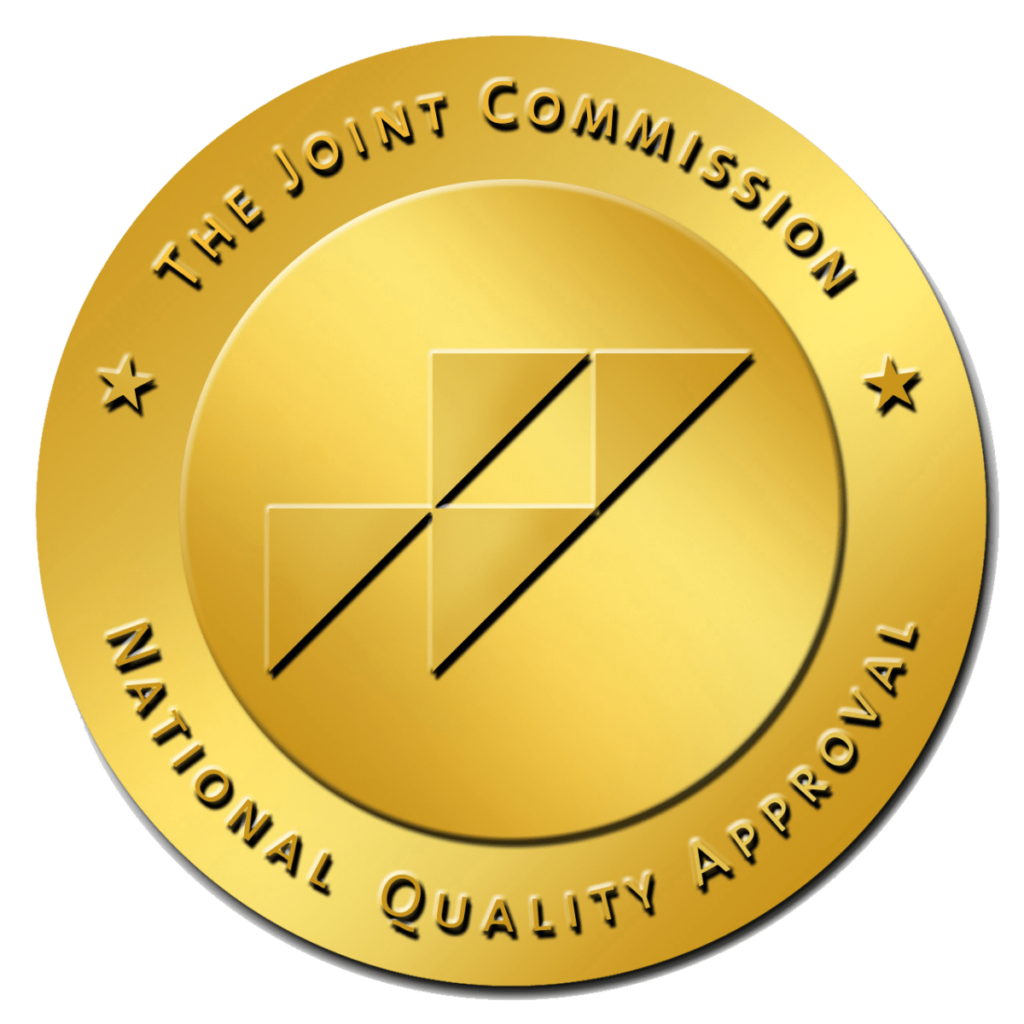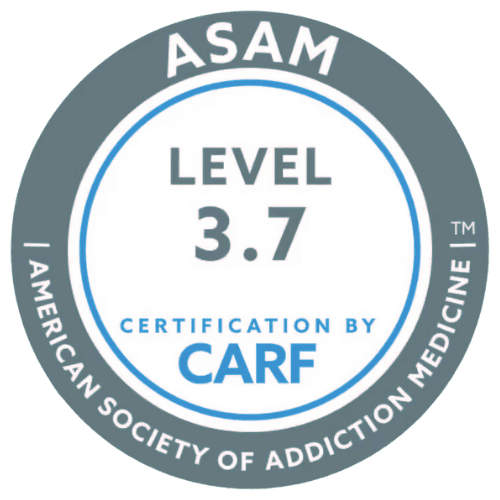If there was something about you that made you feel different from other people and was stigmatized by society as a whole, you might be tempted to hide it. For people with mental illnesses or neurodivergence (whether diagnosed or not), it is a common practice to hide their differences from the people around them, which is called masking.
Examples of Masking
Masking can take different forms, depending on what the person in question is coping with, and it can occur within many different conditions, not just those listed below:
- Anxiety – Someone with severe anxiety may try very hard not to show their fear in situations where they think it would make them seem weak or abnormal. Thus, they may come across to people as being emotionless or stoic when in fact they are trying very hard to distance themselves from the otherwise overpowering emotions.
- Depression – People with depression frequently put on a happy face and pretend they are okay because they worry about being a burden if they share their struggles with other people.
- ADHD – A person with ADHD may mask their symptoms by being overly thorough in their planning and organization, by becoming an overachiever, and/or by forcing themselves not to talk as much.
How Masking Can Be Harmful
Unfortunately, masking can cause harm to the person who is already struggling:
- Loved ones may not know a mentally ill person needs added support and unknowingly allow them to be isolated with their pain. This can make the condition worse and can allow concerns like suicidal ideation to be left undetected. This may be one of the factors that leads so many people who have lost a loved one to suicide to say, “I didn’t know how much they were hurting. I wish they would have told me.”
- People struggling with mental illness may not get referred for mental health support they desperately need and may internalize negative feelings about themselves because of misconceptions they have about their own mental health conditions. For example, people with untreated anxiety often consider themselves weak, awkward, socially inept, etc., because they do not realize that their symptoms are the result of a difference in brain chemistry.
- They may develop physical health conditions as a result of ignoring their mental health needs.
People with ADHD may struggle to complete tasks as quickly as co-workers, so they may end up spending more time at work, leaving less time for things that recharge their emotional batteries. - ADHD and depression can make it more difficult to keep a clean home, which may reduce a person’s willingness to have friends or family over and allow for less socialization.
What Can Be Done About Masking?
Because society, employers, schools, and parents often reinforce masking, whether intentionally or unintentionally, it can be a difficult and scary habit to unlearn. Web MD recommends that people who want to stop masking do the following:
- Be mindful of why they’re masking. If masking provides a sense of emotional and physical safety, it may be something they choose to continue, versus if it is something they feel compelled to do to make other people happy.
- Be gradual in their unmasking, especially if they have been doing it for a long time. Allow people around them some time to adjust.
- Spend more time with family and friends who will accept them for who they are.
If you love a person who is masking, offer them acceptance and kindness instead of trying to correct their harmless quirks. Understanding why they have certain behaviors may assist you in being more compassionate when they do something that helps them to cope with pain, regulate their emotions, or avoid being overstimulated. Unless the behavior is causing harm to themselves or others, it is not necessary to intervene.
If you or someone who know seems to be masking behaviors related to mental health or neurological differences, Highland Hospital in West Virginia can provide support and help to find new ways to cope.










